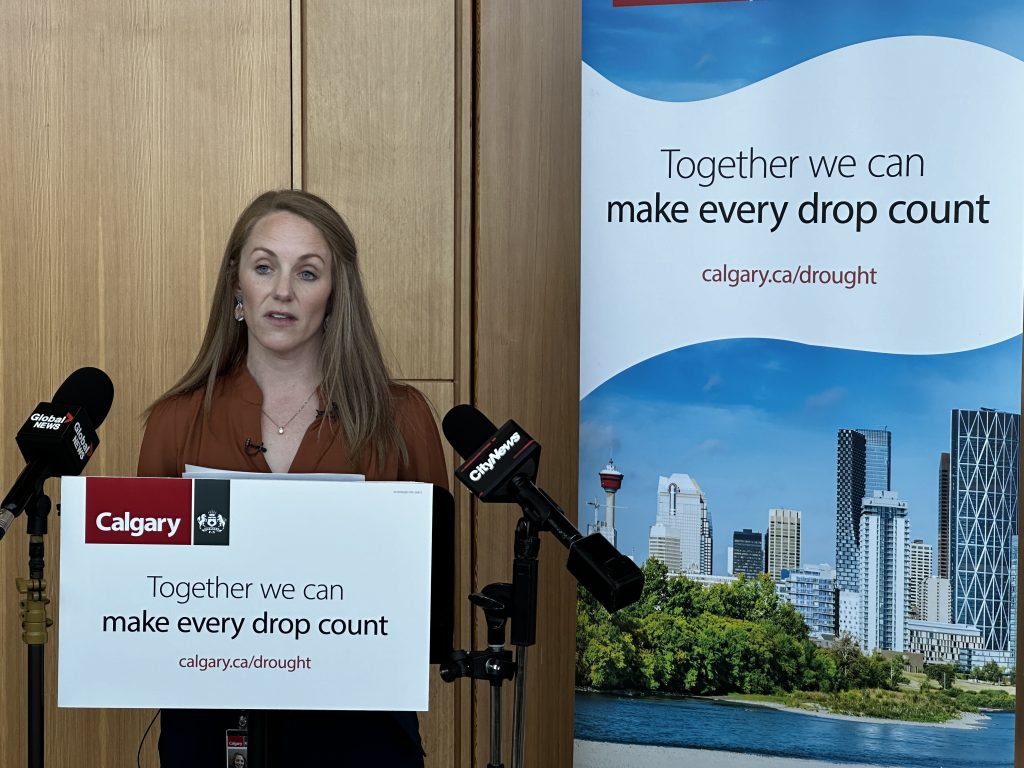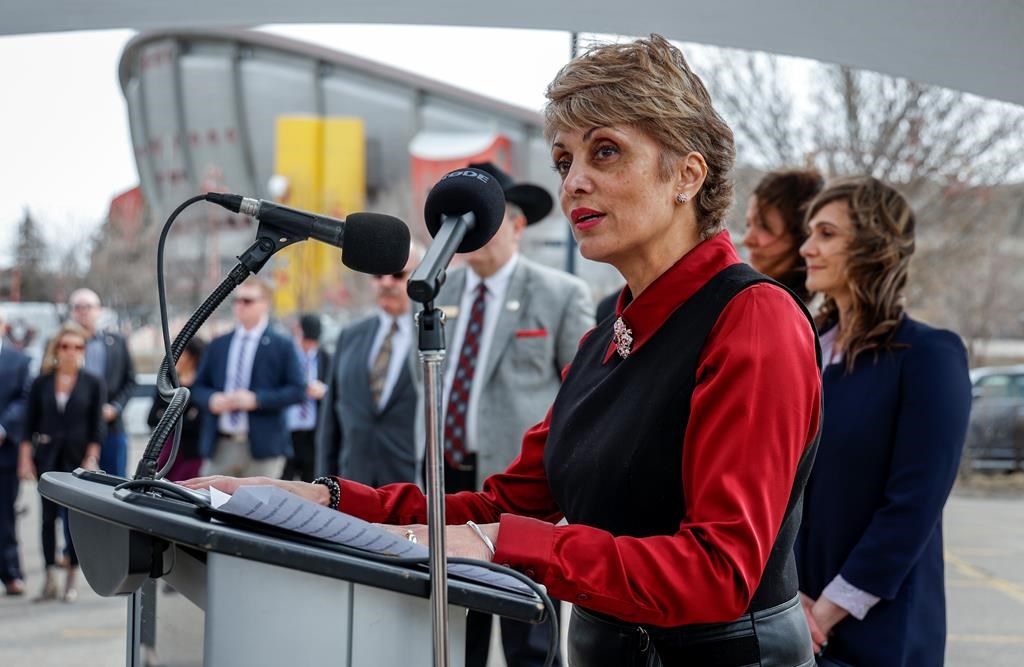Princess Alexandra? Royal baby name betting heats up, but history may offer more clues
Posted Apr 11, 2013 9:56 am.
This article is more than 5 years old.
LONDON – Queen Debbie doesn’t quite have the right ring to it. King Bob just sounds wrong.
Naming a baby is no easy business, but much more is at stake when it comes to finding the right name for a future monarch.
Britain’s bookmakers have some ideas to offer to Prince William and the Duchess of Cambridge: Alexandra is the clear favourite, with the odds slashed at 2-1 as of Thursday. One of the bookies, Coral, said that at one point betting on the name became so furious that it had to suspend it.
Elizabeth, Diana and Victoria are close behind, following widespread speculation that the royal couple’s first child will be a girl.
All things considered, the bookies are likely on the right track.
“Royal names tend to be based on previous monarchs, relatives and godparents to ensure continuity,” said historian Carolyn Harris, who lectures at the University of Toronto’s school of continuing studies.
“(The names) are not generally something out of the blue. It will be something that fits into the royal lineage, names used by previous kings and queens,” she added.
Alexandra appears to be a good bet — it’s the name of Queen Elizabeth II’s great-grandmother, a Danish princess who married Edward VII.
The full name of Elizabeth herself also includes Alexandra, as well as Mary, her grandmother.
It’s not clear why people suddenly became so enthusiastic about the name Alexandra over the past few days, though Simon Clare, a spokesman for the bookmaker Coral, offered a clue: Many of the bets appeared to be coming in from Berkshire, the county that’s home to royal residence Windsor Castle.
“With these sorts of markets you don’t expect a rush of money. Generally it comes once people think they know what’s happened,” he said. He added, however, that it could also just be that “someone at the local pub said Kate quite liked the idea of the name.”
Much more reliable, then, to delve into the royal family trees for clues.
In the middle ages royals sometimes used saints’ names, but since then most monarchs have stuck to the names of predecessors — Henry, William, Mary, James, Richard, to name a few.
Some royal names do not hark back to ancestors, but instead can be read as symbols that have national significance, Harris said.
Take Arthur, the middle names of both Prince Charles and Prince William, which brings to mind the legendary King Arthur and tales of chivalry — a favourite theme ingrained in Britain’s literature.
Edward VIII, who abdicated in 1936, was christened Edward Albert Christian George Andrew Patrick David — the first names were in honour of family members, but the last four were patron saints of England, Scotland, Ireland and Wales.
Not all British royal names are strictly English, though. Marriages with other European dynasties have brought in new additions to the name pool, like Isabella, Charlotte and Frederick.
Given the weight of history, can William and the former Kate Middleton — widely admired as the fresh, modern face of a crusty institution — break with tradition and call their child something trendy and unexpected?
Experts don’t think it’s likely. While children further down the line of succession have had more unconventional names — for example, the grandchildren of Princess Anne, the queen’s only daughter, are called Savannah and Isla — those first in line to the throne don’t have such freedom.
“With royal children it’s rarely just the parents who have a say,” Harris said.
Safe to say, then, that the baby won’t be called Apple or Wayne.
___
Online: www.royal.gov.uk gives an official account of British royal history.
Sylvia Hui can be reached at http://twitter.com/sylviahui










